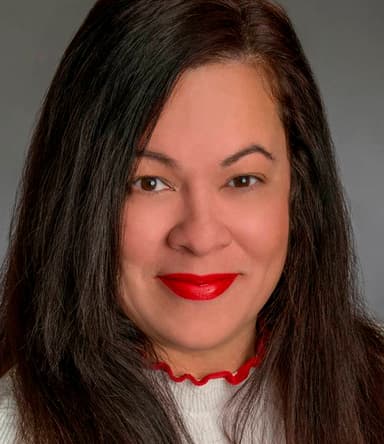
Critchlow, a broker with The Franklin Group in Morgan, Utah, devotes thousands of hours per year to helping these women because she knows the great potential they have to affect the lives of others. "Mothers and wives are the hearts of a home," she says. "When you help save a woman from addiction, you may be saving a child, a family, and an entire community."
Her support has given strength to more than 300 women who have worked to conquer their addiction through The Women’s Retreat House, which Critchlow cofounded in 2007.
Critchlow’s commitment to the cause comes from a very personal place; she lost her father in 1999 to health complications related to alcoholism. The experience mobilized her to help others conquer the challenges that he could not. Through volunteer work with Alcoholics Anonymous, she came to recognize the need for a specialized live-in program just for women in Northern Utah.
Finding a Serene Setting
Critchlow and a longtime friend, Joan Romney, who shares in the passion for helping women overcome addiction, sought to create such a facility, but they needed a home that could accommodate many women and volunteers at once. Critchlow thought back to a women’s spiritual retreat she had attended at a serene 12-bedroom retreat house, owned by the Catholic Diocese of Salt Lake City, at the base of the Wasatch Mountains.
In 2007, when Critchlow learned that the facility was being closed down, she jumped at the chance to reopen it—and used her real estate skills to negotiate a long-term lease at an affordable rate of $1,000 a month.
The Women’s Retreat House opened that year, accommodating up to 20 women for up to four months each. As the president and director, Critchlow manages the all-volunteer staff and works hands-on with residents to assess their needs. She then lines up appropriate counseling and education, including parenting classes, job training, and medical care. She also helps each woman connect with a sponsor—someone in recovery who is now helping others—and strives to create an overall atmosphere of cooperation and fellowship.
"God gave me leadership skills and the training to be able to help give these women a second chance," Critchlow says.
Women typically learn about the house through referrals from hospitals, police officers, and judges. Residents are of all ages and come from all walks of life, but they share in the strong desire to make a life change. They pay $100 per week to help cover room and board, and all other funding for the house comes from small donations and fund-raisers such as a barbecue dinner, a walk-a-thon, and a parking-lot rummage sale.
Sticking to the Program
Once admitted to the house, women adhere to a rigid schedule. They don’t leave the premises and are never left alone. They work their way through the 12 steps of recovery, focusing on healing their physical, emotional, and spiritual selves.
In addition to counseling sessions and group meetings with fellow residents and sober professionals from the outside world, the women take turns preparing meals and doing household chores. They have a short break for laundry and evening TV, and they’re off to bed at 10 p.m.
Many residents go on to find steady jobs, regain custody of their children, and give back to the community through volunteer work at the house and other organizations.
The sobriety success rate depends largely on how long a resident is willing to stay. "If they stay 90 days, our success rate is about 25 percent," which is on track with national averages, Critchlow says. "By then they have a good bond with their sponsor and have made a spiritual shift."
Former resident Neva Peterson, 50, four years ago was drinking heavily to cope with an abusive marriage. She had nearly lost her will to live. "I was hanging from a string and I couldn’t do it alone. I was a mess," she says. "Life is amazing now and it’s all because of the spiritual warmth that you feel as soon as you walk into the house." Peterson now volunteers at the house when she’s not working as an in-home caregiver for seniors.
Another former resident, who asked to remain anonymous, is a single mother who was severely addicted to pills. "[Cathie] has given back a daughter to my mom and a mom to my kids. Cathie and the other women at the house saved my life," says the 35-year-old, who has been drug-free for two years.
Seeing these transformations makes every moment of the demanding volunteer work worthwhile, Critchlow says. "These women are my heroes," she says. "Residents come in alone, lost, scared, and spiritually bankrupt. When they leave, they’re like flowers in bloom—smiles, light in their eyes, and hope in their hearts."
Cathie McGregor Critchlow, GRI, PMN
The Franklin Group Morgan, LLC
Morgan, Utah
cathiemcgregorcritchlow@gmail.com
The Women's Retreat House
womensretreathouse@gmail.com









